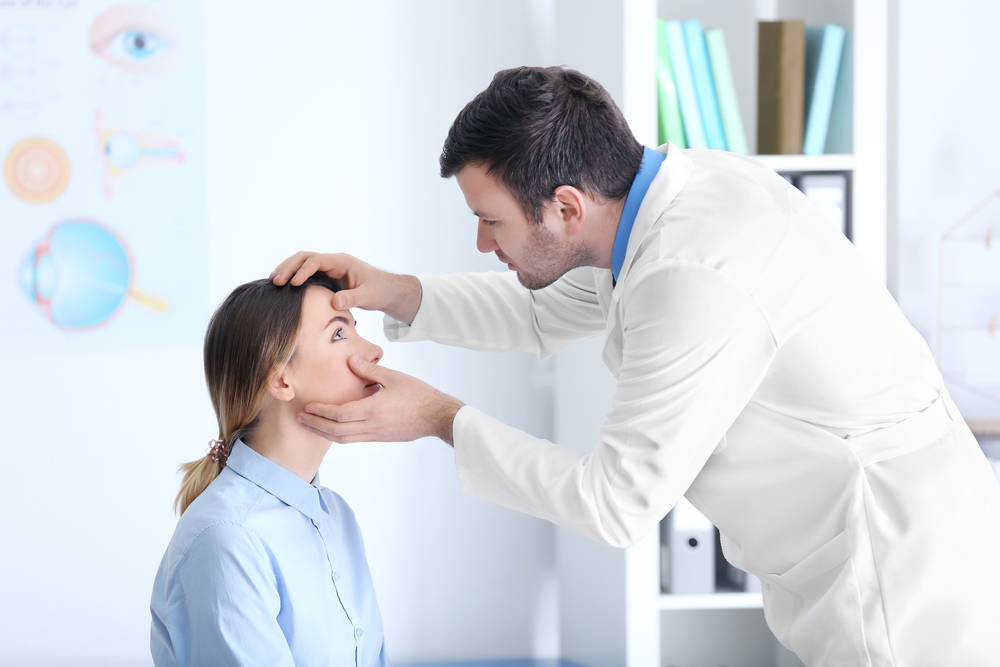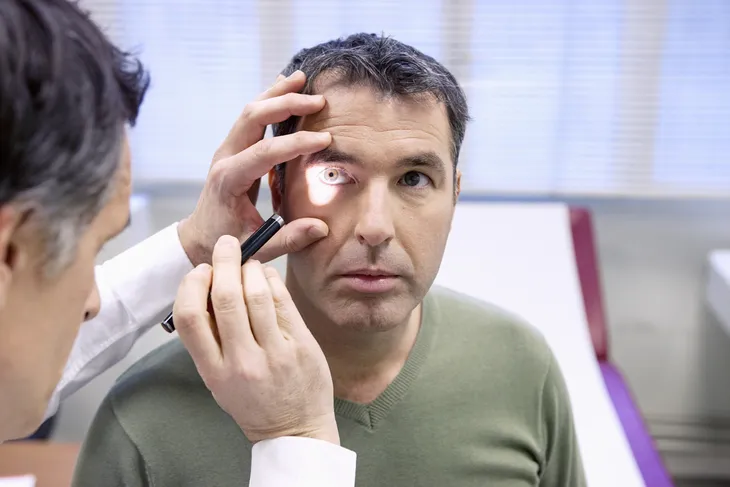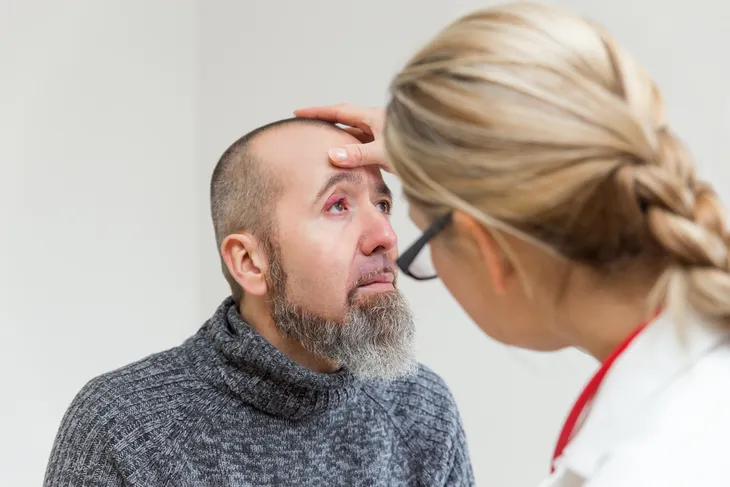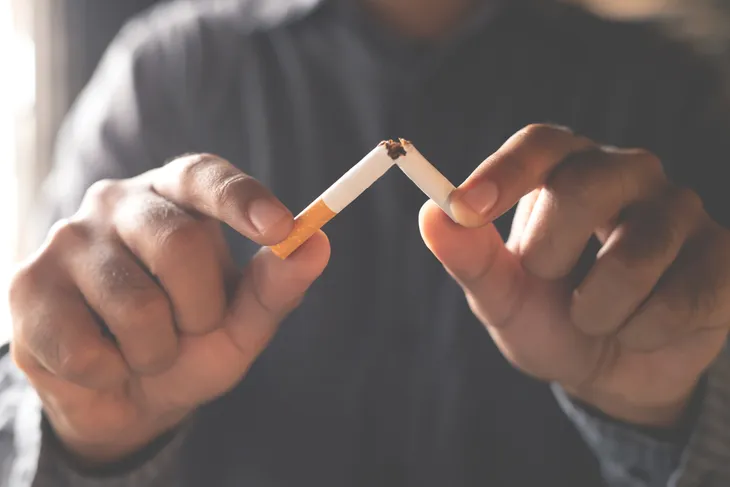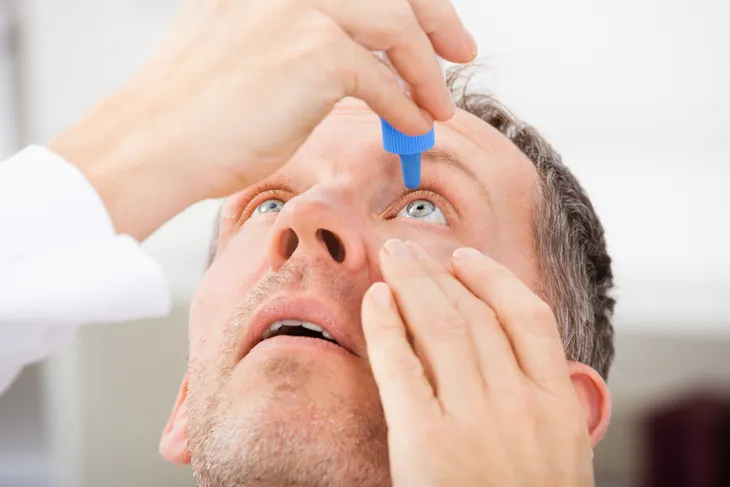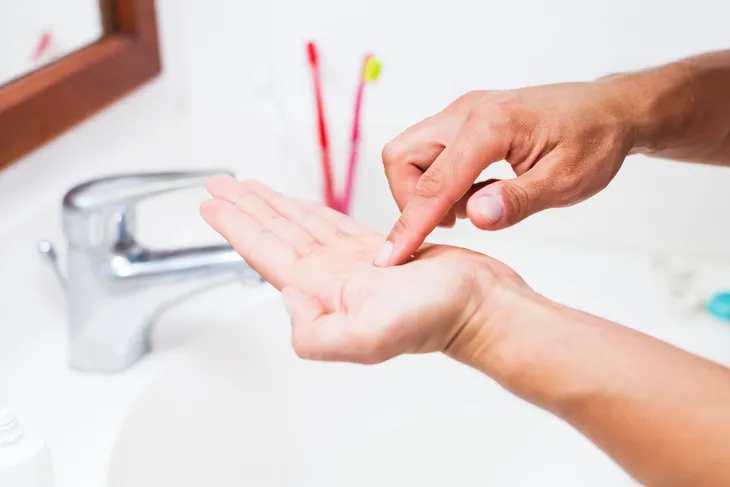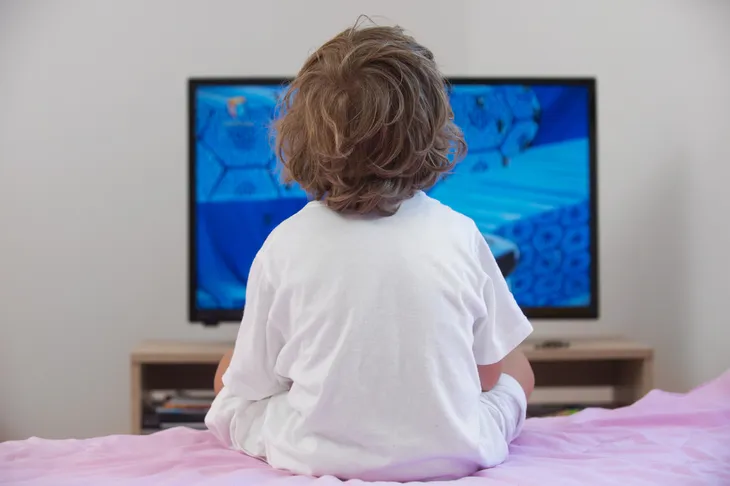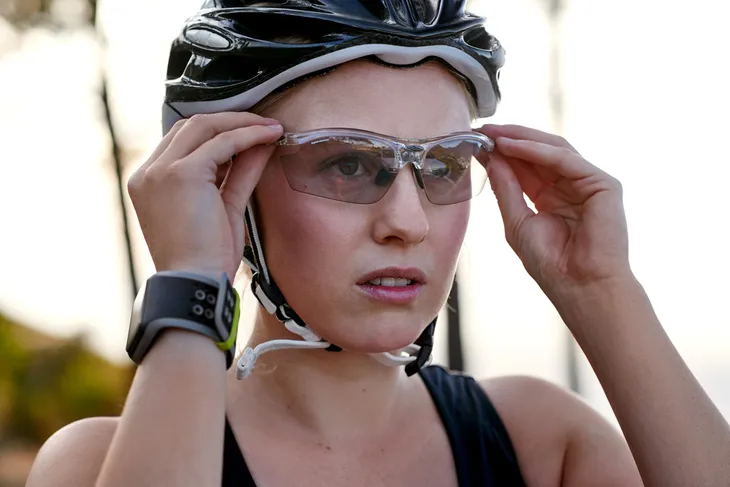Being able to see clearly is an important requirement for a variety of lifestyles — without it, many of us would struggle to carry out our jobs, support our families, and enjoy our favorite hobbies. While it’s possible for people without this kind of vision to enjoy very meaningful lives, there’s no denying that those with healthy eyes should work to maintain their eyesight.
These days, it can be surprisingly easy to hurt our eyes. Whether it’s staring at a monitor for an extended period of time or failing to go for regular eye exams, many of us fail to take some simple and straightforward steps to ensure our eyes remain in tip-top shape. So, what can you do to help maintain eye health?
Go for Regular Eye Exams
Many of us make a point of scheduling regular checkups with our family physician and dentist. We may even regularly visit other health professionals, including massage therapists, physiotherapists, and specialists in areas focused on specific body parts, such as the feet, back, or joints.
But far too few people bring this same approach to maintaining their eye health. And that’s a problem, as it’s unlikely a family doctor or dentist will notice a vision problem, let alone be able to diagnose it. So, schedule a visit with your optometrist at least once a year, preferably twice. It could help you discover and begin treatment for serious eye problems, from glaucoma to macular degeneration, before they have a chance to significantly impact your overall eyesight.
Get a Dilated Eye Exam
One of the best ways to diagnose serious eye problems is to get a comprehensive dilated eye exam. If you’ve never had this kind of exam, it’s time to schedule one today. During this exam, the optometrist uses drops that cause the eyes to dilate, thereby allowing more light to shine into the eye. This allows the optometrist to see into your eyes and through to the back of them, giving them an opportunity to accurately gauge your overall eye health.
In case you’re wondering, this isn’t the type of exam a family physician can carry out. Only by scheduling an appointment with a certified optometrist can you get a dilated eye exam, which could help you find and start treatment for eye problems before they become serious threats to your eyesight.
Research Your Family’s Eye History
As with many other health issues, eye problems can be passed on through our genes. This means that any eye problems experienced by your grandparents or parents, such as glaucoma or cataracts, could become your issues in the future.
That’s why it’s a good idea to ask your relatives about any eye health problems they may be experiencing now or have struggled with in the past. Ask your family members when these problems arose — as in, what age they were when the issues emerged — and how serious they became. It could very well help you target similar problems before they impact you in a serious way.
Adjust Your Diet
You might not think making changes to your diet could impact your eye health, but there are some foods that can significantly help you maintain healthy eyes.
So, what are these foods? The most well-known maybe carrots. They contain beta-carotene which can play an important role in helping maintain eye health. But in general, it’s wise to eat lots of fruits and vegetables and especially dark leafy greens like kale and spinach. Additionally, some research suggests that foods high in omega-3 fatty acids, like salmon and flaxseed, can also help keep our eyes healthy.
Keep in Shape
Failing to follow a healthy diet and get regular exercise can result in one becoming overweight or even obese. That’s a problem for a number of reasons but is particularly important when it comes to eye health, as obesity and poor diet can result in the emergence of type 2 diabetes.
Why is that significant? Because diabetes is often linked to loss of eyesight through diabetic eye disease and glaucoma. Should you be diagnosed with type 2 diabetes, it becomes even more crucial to watch your diet in order to keep your eyes healthy.
Protect Your Eyes
Many people feel reluctant to wear protective eyewear, whether it’s for their professions or athletic activity of some kind because they worry about how they’ll look. It’s a rather ironic position, however, given that this kind of safety eyewear could make all the difference between being able to see at all and losing your eyesight due to some kind of injury.
Proper eyewear, like goggles, cages, or something similar, should always be worn if there’s a chance that your eyes will be struck by an object that can do serious damage, whether it’s a ball, puck, hockey stick, or fragment. Don’t take a chance with your eyesight; talk to your optometrist about the best protective eyewear for your job or activities.
Butt Out
There are dozens of reasons to avoid smoking or quit the habit if you’ve already started. For one, it can lead to emphysema and other serious respiratory conditions that, in time, can harm the heart and other major organs. Smoking occasionally can do damage, while being a regular smoker is virtually guaranteeing that you’ll have a shorter natural lifespan than your non-smoking counterparts.
And smoking also presents serious problems for the eyes. That’s because smoking increases the risk of developing age-related macular degeneration, cataracts, and nerve damage affecting the eyes. Left untreated, all of these conditions can seriously limit eyesight and may even lead to complete vision loss. That alone should be enough reason to butt out now.
Throw Some Shade
It’s a good thing that sunglasses are considered a key part of being fashionable when out in public because they can do a lot to help protect your eyes and maintain eye health in your later years. That’s because they’re designed to help shield your eyes from the sun’s ultraviolet rays, which can do a surprising amount of damage over years of exposure.
That said, not all sunglasses are created equally. Some brands are far less focused on protecting your eyes than helping you make waves on the beach, so consider purchasing your sunglasses from a respected eyewear provider that has qualified staff available to help you find the shades that meet both your fashion and eye health needs.
Take Eye Breaks
Like any other part of your body, your eyes can become strained the more you use them. And we do that a lot these days, particularly as we spend more and more time staring at the television, computer, and smartphone screens that blast our eyes with bright light. Eventually, our eyes can start to feel dried out and painful.
If this sounds like an all-too-familiar situation, then try to take regular eye breaks. For every half hour, you stare at screens, take a minute and close your eyes. It also helps to just look away from your screens; instead, focus on something simple, whether it’s your feet or a pretty sunset.
Use Eye Drops
Dry eyes can be more than just irritating; for some people who deal with this issue on a regular basis, it can be so painful that it could make doing simple things, like working or looking after the kids, surprisingly difficult. In fact, extremely dry eyes could even affect your vision, throwing things out of focus and distorting images.
Solving this problem can be complex and for some people may require surgery to unblock tear ducts. But for the vast majority of people, using eye drops can provide sufficient relief. If the problem is serious enough, you may require prescription drops; if not, then there are a variety of over-the-counter eye drops that can do the job. Just try to stay away from eye drops that contain a decongestant, as this could result in a dependency that, in the end, may leave your eyes drier than before.
Keep Your Contacts Clean
You wouldn’t throw a handful of sand or dirt in your face, so why would you put dirty contact lenses in your eyes? Both scenarios can result in significant damage to your eyes, with the latter being even more problematic as it could lead to scratched eyeballs.
Be sure to follow the instructions for your contact lenses carefully, and above all be vigilant about keeping them clean. This is especially important if you’re using contact lenses that can be used for more than a single day; in these cases, you should be washing them thoroughly with contact lens cleaner before putting them back in.
Don’t Sit So Close
We can do a lot of damage to our eyes without really knowing it by simply sitting too close to our screens, whether that’s a computer, tablet device, or television. And it’s the last one that can present the most surprising challenge, as we tend to spend hours and hours watching TV during our time at home.
Most televisions come with instructions that make it clear how close is too close. Generally speaking, a good rule is to use a distance that’s roughly five times the width of your television screen. This means that, if you have a 50-inch television, you should be sitting 250 inches, or 12 feet, away from it.
Take Action
Don’t be afraid to raise your voice if you notice someone else is being negligent when it comes to eye safety. For example, if your workplace fails to provide protective eyewear in a work environment where eye injuries are possible, voice your concerns to your employer. Rather than alienate your boss, you may actually gain their favor by helping them avoid a costly and embarrassing accident.
The same goes for any other activities where protective eyewear should be worn, such as in a sports league. If you’re unsure about speaking up, just lead by example: use the kind of eyewear you’d like to see others employ to protect their own eyes.
